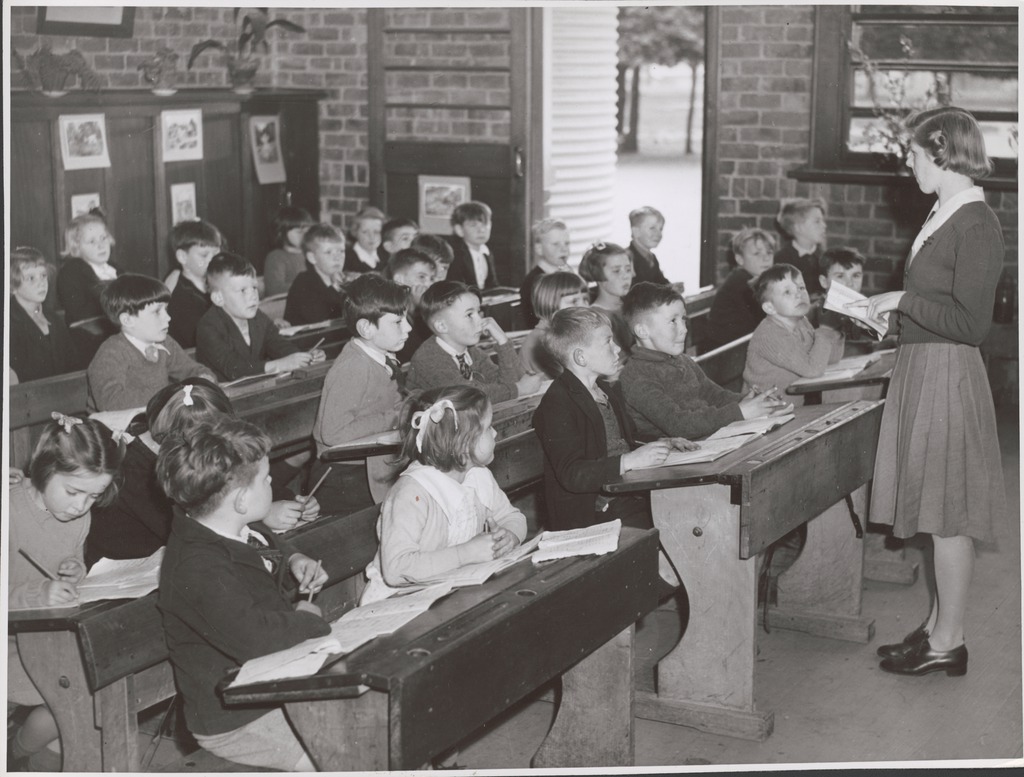

- © 2003 - 2025 Dynamix Productions, Inc. Contact Us 0


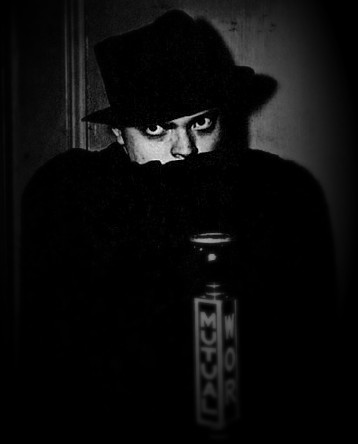
Shadow: No, Mary. I suspected a trap, so after I opened the door, I walked across the room and stood behind them.
Apple Mary: But your voice.... it came from near the door.
Shadow: Ventriloquism. A simple trick of projecting the voice.
The Shadow
"The Blind Beggar Dies"
Radio broadcast: April 17, 1938
We're fooled by Mother Nature all the time. She uses light to conjure up a mirage on a hot desert day and Aurora Borealis on a cold Alaskan night. She also has a bag of tricks for sound, like flinging noises a hundred miles away. But one of her best is when she makes sound disappear. This slight-of-hand by Mother Nature may have even changed the outcome of several battles in the American Civil War. What are these shenanigans of sound? Magic? Illusions? Sorcery? As the old radio serial hero said, "Only The Shadow knows." They're called acoustic shadows.
Let's look first at the simplest of these: short distance acoustic shadows. Behaving similarly to light where visual details are lost in shadows, sound can disappear into "thin air." A large object like a hill, building, or wall will block sound. For instance, a lawnmower in the front yard is heard faintly in the back yard. Sure, some of the sound will bounce off the neighbors' houses, but the direct sound is mostly blocked. You might faintly hear the lawnmower's direct sound because some of it wraps around the house to the backyard. This phenomenon that is found throughout nature is called diffraction. Sounds can also be absorbed by foliage, snow, and other terrain features.
Long distance acoustic shadows are more complex. In addition to objects and terrain affecting sound waves, weather, wind, and elevation can create sound voids nearby while sending other sounds over dramatic distances. I grew up several city blocks from a sports stadium. I remember that one very hot evening I heard individual voices from the stadium in my back yard. Amazingly, I couldn't hear any of the crowd in the front yard, the side towards the stadium. What happened? In all likelihood, layers of warm air near the ground altered normal sound waves' patterns, refracting them upwards at sharp angles. The sound waves may have hit another layer of warm air above that one and either bounced back down or carried rings of sound over a long distance to my backyard. Those voices were like a ball bouncing off a ceiling over to my backyard. The acoustic shadow was over my front yard.
Weird happenings like this have been documented in detail during several battles in the Civil War. On sprawling battlefields, regiments were often separated by hilly terrain and thick vegetation that made visual communication impossible. Soldiers had to rely on hearing distant engagements to either begin their attack, or at times to hear the enemy attacking another regiment. Here are some Civil War battles that may have turned out differently if not for Mother Nature's trickery:
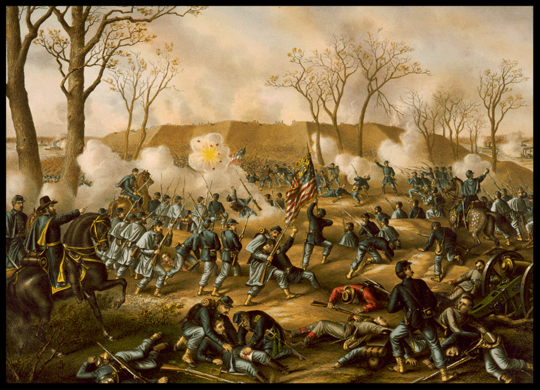
February 1862, Fort Donelson, TN on the Cumberland River
Conditions: Heavy blanket of snow on the ground, strong wind blowing to the south.
The Players
The Union: General Ulysses Grant and Naval Flag Officer Andrew Foote are 5 miles to the north of Fort Donelson on board Foote's flag ship. Brigadier General John McClernand's troops are on the ground just outside of Fort Donelson.
The Confederates: General Gideon Pillow is within Fort Donelson.
The Action
After an unsuccessful naval attack on the fort, Grant and Foote retreated upriver to regroup. Grant, leaving no one in command in his absence, left orders for the ground troops to not attack the fort. The next morning, the Confederates initiated a surprise attack on the Union ground troops. Meanwhile, Grant and Foote, just five miles away, heard nothing. This delayed Grant's response by several hours and drew out the battle, resulting in unneeded casualties.
The Cause
A heavy snow blanket muffled and absorbed the battle sounds. A strong southerly wind helped redirect remaining sounds away from Grant and Foote.
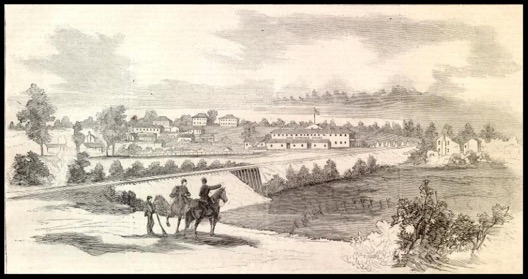
September 1862, Iuka, MS
Conditions: Strong winds
The Players
The Union: General Ulysses Grant commanding Generals William Rosencrans and E.O.C. Ord. They are advancing on the town of Iuka and towards the waiting Confederate army.
The Confederates: General Sterling Price has placed 14,000 men in the path of the advancing Union army.
The Action
Grant orders a two-pronged attack on the Rebs. Rosencrans will attack first. Ord will follow once he hears Rosencrans' attack commence. Ord never hears the attack and the Confederates are able to escape to fight another day.
The Cause
A strong wind blowing away from Ord carried the battle sounds in a different direction.
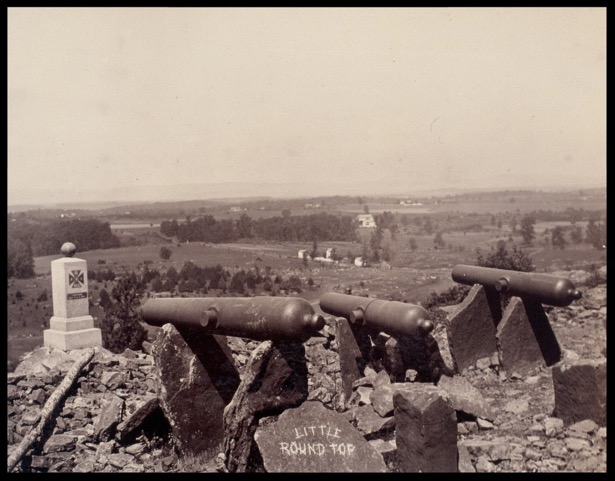
July 1863, Gettysburg, PA
Conditions: High 80s
The Players
The Union: General George Meade, atop Little Round Top hill.
The Confederates: Lt. Generals Richard Ewell and James Longstreet
The Action
Ewell and Longstreet are ordered to attack Meade from opposite sides of the hill. Ewell was to begin his attack once Longstreet's artillery barrage was heard. Ewell never heard the cannons, so Meade was able to hold off the attack. In Pittsburgh, more than 150 miles away, battles could be heard. But in Taneytown, just 12 miles from the battlefield, they heard nothing.
The Cause
Two hills, Cemetery Ridge and Culp Hill, shielded the sound from reaching Ewell. In addition, hot ground temperatures caused sound to be refracted upwards, then carried much further away after hitting another warm layer above.